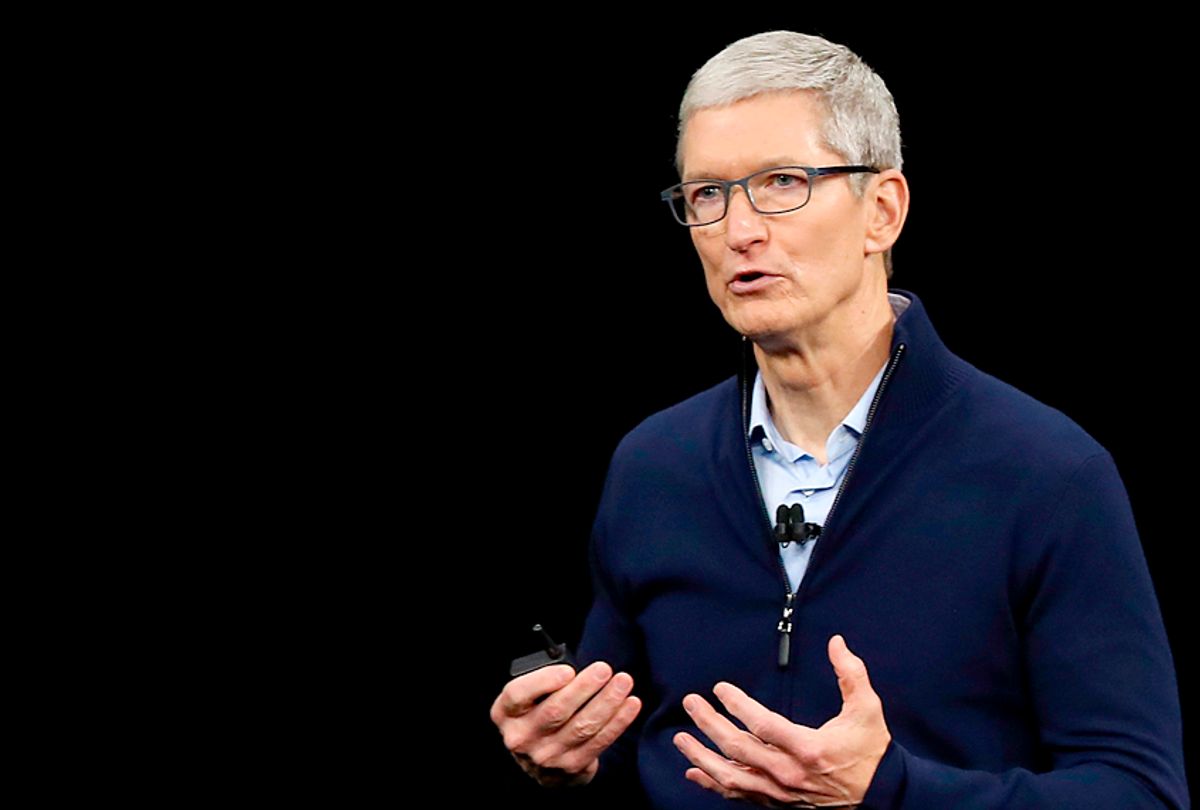As the Russian invasion of Ukraine continues, Big Tech companies with the world's largest social media platforms, mobile devices and apps are facing more pressure to use their platforms and online influence to push back against Russian aggression.
On Friday, February 25, Ukraine's digital minister Mykhailo Fedorov penned a letter addressed to Tim Cook, the CEO of Apple. According to The Washington Post, Fedorov is appealing to Cook to impose restrictions on products and services as Russian President Vladimir Putin continues his assault on Ukraine. Fedorov believes such bold action will inspire younger Russians to "proactively stop the disgraceful military aggression."
"We need your support — in 2022, modern technology is perhaps the best answer to the tanks, multiple rocket launchers … and missiles," he wrote.
Tech advocates and legal experts are also making similar appeals. Karen Kornbluh, director of the Digital Innovation and Democracy Initiative at the think tank, German Marshall Fund, expounded on the calls for Big Tech companies to take a stance as she emphasized the "moral obligation" to step up in the midst of the crisis.
"There is a growing sense they have a moral obligation to ensure their sites are not exploited at a time of crisis," said Karen Kornbluh, director of the Digital Innovation and Democracy Initiative at the German Marshall Fund, a think tank. "The Russian playbook is clear — and the companies are under pressure not to wait to act against fake accounts or malign influence activity until after they are used to interfere with humanitarian assistance or inflame the conflict."
Although there are calls for action to be taken against Russia, Natalia Krapiva, the tech legal counsel of Access Now offered a different perspective as she explained why turning off access could lead to adverse effects.
"Major tech companies have a responsibility to their Ukrainian and Russian users to respect their rights to freedom of expression and access to information, especially in the time of war and political crisis," said Krapiva.
She added, "They do, however, also have responsibility to keep their users safe and identify and respond to any campaigns of disinformation that may result in violence and abuse."




Shares